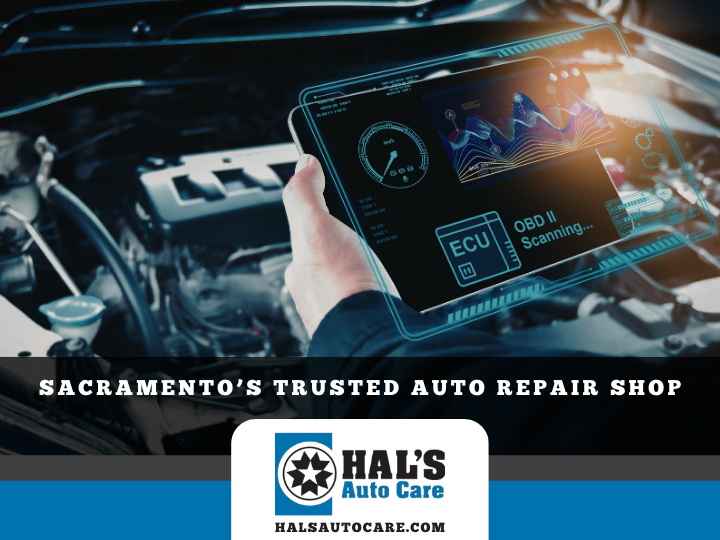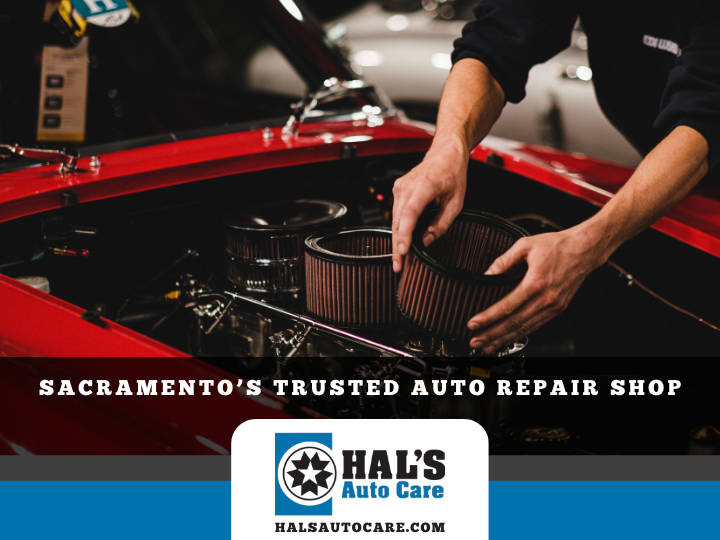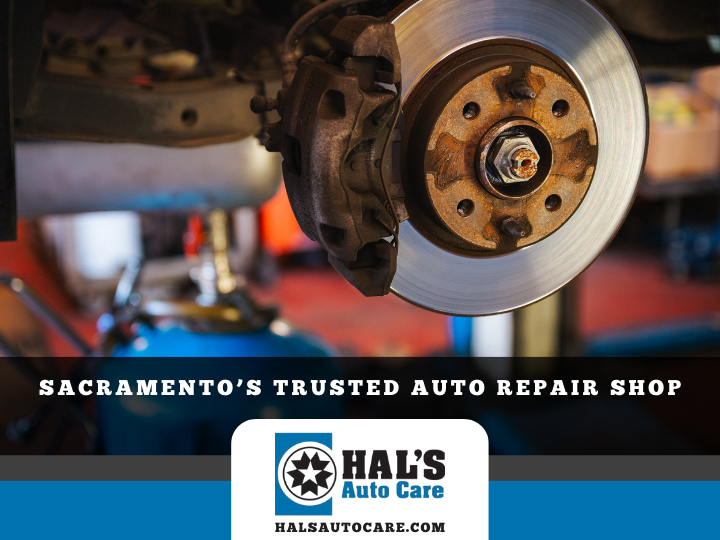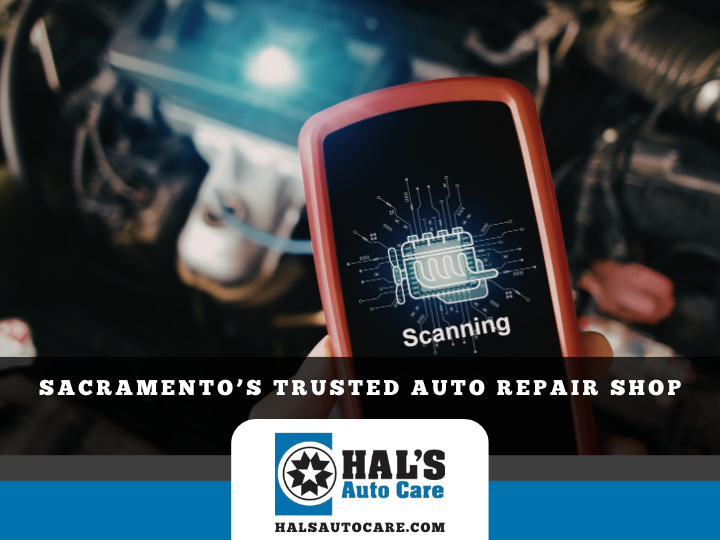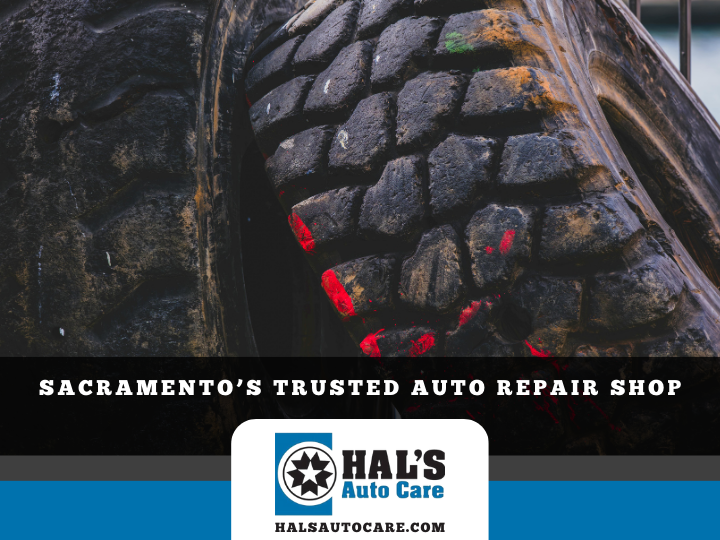Why Is My Truck Making a Clicking Noise When I Try to Start It
Why Is My Truck Making a Clicking Noise When I Try to Start It

Why Is My Truck Making a Clicking Noise When I Try to Start It?
You turn the key, expecting your truck to fire up—but instead, you hear click-click-click.
That single sound can stop your day in its tracks. It’s frustrating, inconvenient, and often confusing. What does it mean? Is it the battery? The starter? Something worse?
The truth is, that clicking noise is your truck’s way of speaking to you. It’s an electrical language—one that tells you something in the starting system isn’t functioning properly. Understanding that sound means you can address the problem early, before it leaves you stranded.
Let’s break down what that clicking noise really means, why it happens, and how to fix it so you can get back on the road confidently.
The Clicking Sound: What It’s Really Saying
When you start your truck, power flows from the battery to the starter motor through a relay called the starter solenoid. The solenoid acts as a gatekeeper—it engages the starter gear with the engine flywheel, allowing the motor to spin and start combustion.
If you hear a clicking sound instead of cranking, it means something is interrupting that chain of power.
- Rapid clicking usually points to low battery voltage or a bad connection.
- A single loud click suggests a faulty starter motor or solenoid.
- No click at all can indicate ignition switch, relay, or wiring problems.
The clicking sound is often your first clue that energy isn’t flowing the way it should. Let’s look at the possible causes behind it.
1. Weak or Dead Battery
The most common cause of that clicking sound is a weak or discharged battery.
When voltage drops below a certain level, the battery has just enough energy to activate the solenoid (which clicks), but not enough to turn the starter motor and crank the engine.
Signs of a weak battery:
- Rapid, repeating clicks when turning the key
- Dim headlights or flickering interior lights
- Dashboard gauges reset when attempting to start
- Truck starts after a jump but fails again later
Why it happens:
- Age or wear (most batteries last about 3–5 years)
- Parasitic drains—small accessories pulling power when the truck is off
- Loose terminals or corrosion buildup
- Sacramento’s summer heat accelerating chemical degradation
What to do:
Have your battery load-tested. Even if it reads 12 volts, it may not deliver enough current under load. Cleaning the terminals or replacing the battery can restore full starting power instantly.
2. Corroded or Loose Battery Terminals
A good battery is useless if power can’t flow freely through its connections.
Corroded or loose battery terminals create high resistance, starving the starter of energy and causing that telltale clicking.
What to look for:
- White or greenish powder on terminals
- Loose or wiggling cable ends
- Inconsistent power to electronics
Why it happens:
In Sacramento’s mix of heat, humidity, and road grime, battery terminals corrode faster than most drivers realize.
Fix:
Disconnect the cables, clean both posts and terminals with a battery brush and a mix of baking soda and water, then tighten securely. Apply dielectric grease afterward to prevent future buildup.
3. Failing Starter Motor
If your battery and terminals check out, the problem may lie in the starter motor itself.
The starter converts electrical energy into mechanical energy, turning your engine fast enough to begin combustion. When it fails, it may produce a single loud click—but no movement.
Signs of starter failure:
- Single click when turning the key
- Truck starts intermittently after multiple attempts
- Starter emits a whining or grinding noise
- No response even with a strong battery
Why it happens:
- Worn internal brushes or bearings
- Overheating from extended cranking attempts
- High mileage or oil contamination near the starter
Fix:
A technician can perform a starter draw test to confirm. If the starter is pulling too much current or failing to engage, replacement is the only permanent fix.
4. Bad Alternator
Your alternator keeps the battery charged while the truck runs. If it’s failing, the battery can’t maintain its charge, leading to a clicking sound when starting.
Symptoms:
- Battery warning light on dashboard
- Dimming lights when idling
- Electrical accessories behaving erratically
- Truck starts after a jump but dies shortly after
Why it happens:
Worn bearings, damaged brushes, or voltage regulator failure can all limit alternator output.
Solution:
A charging system test will reveal whether the alternator is producing between 13.8–14.4 volts. If it’s below range, it’s time for replacement before it takes your battery with it.
5. Damaged Battery Cables or Ground Connections
Battery cables are the lifelines of your electrical system. If they’re corroded, frayed, or damaged internally, they can block current flow even if the insulation looks fine.
What to inspect:
- Cable stiffness or cracking
- Exposed copper strands
- Loose ground straps connecting to the frame or engine
Why it matters:
High resistance in the cables creates voltage drop, resulting in the starter clicking but not spinning.
Fix:
Replace damaged cables and clean ground contact points. Proper grounding is essential for stable starting voltage.
6. Faulty Ignition Switch or Starter Relay
If your truck doesn’t click at all when you turn the key, the problem may lie upstream in the ignition switch or starter relay.
Symptoms:
- No sound or response when turning the key
- Intermittent starting success
- Dashboard lights flicker or don’t come on
Why it happens:
The ignition switch sends power to the starter circuit. Over time, internal contacts wear or arc, interrupting the circuit. Similarly, a weak starter relay may fail to close the circuit entirely.
Solution:
A continuity and voltage test will confirm whether power is flowing properly. Replacing a failing relay or switch restores dependable starting.
7. Engine Mechanical Issues
In rare cases, that clicking noise may mean the engine itself is seized or locked.
Possible causes:
- Severe oil starvation
- Internal component damage
- Hydro-lock (coolant or fuel in the cylinders)
Warning:
Do not repeatedly attempt to start a locked engine—it can destroy the starter and damage internal components. A professional should verify whether the crankshaft still rotates freely.
How to Troubleshoot Before Visiting the Shop
If your truck won’t start and you hear clicking, follow these quick steps:
- Check the lights. If they dim or flicker, it’s a battery or connection issue.
- Listen carefully. Rapid clicks = weak battery. Single click = possible starter failure.
- Try a jump start. If it starts, the battery or alternator is at fault.
- Inspect the terminals. Clean and tighten as needed.
- Avoid repeated attempts. Over-cranking can overheat the starter or cables.
If the problem continues, it’s time for a full electrical diagnostic.
Why Ignoring the Clicking Is Dangerous
That small sound can become a big problem if ignored.
Here’s why:
- A weak battery strains the alternator and starter.
- A failing starter overheats and can damage wiring.
- Loose terminals can arc, melting connections or fuses.
- Delaying repairs can cause a complete no-start situation.
Catching the issue early ensures reliability and prevents a cascading electrical failure.
The Electrical Chain: How Your Truck Starts
Your truck’s starting system works as a synchronized electrical chain:
- Battery stores the energy.
- Ignition switch sends that energy to the starter relay.
- Starter relay transfers high current to the starter motor.
- Starter motor spins the engine.
- Alternator recharges the battery for next time.
If one link fails, the entire chain breaks. The clicking you hear is the audible sign of that break.
What Happens During a Professional Diagnostic
When you bring your truck to a professional shop like Hal’s Auto Care, the technician will follow a proven diagnostic process:
- Battery Load Test: Measures performance under demand.
- Charging System Test: Ensures alternator output and regulation are correct.
- Starter Draw Test: Confirms proper amperage flow to the starter motor.
- Voltage Drop Test: Identifies resistance or bad grounds.
- Mechanical Verification: Checks for any signs of engine lock-up.
This precise testing eliminates guesswork and identifies the root cause efficiently.
Sacramento’s Climate and Electrical Stress
Sacramento’s environment plays a major role in battery and electrical wear:
- High summer heat accelerates fluid evaporation inside the battery.
- Cold winter mornings reduce available voltage and thicken oil.
- Dust and road debris from the Valley cause corrosion and resistance.
- Stop-and-go traffic in Arden-Arcade and Fair Oaks means frequent short trips, preventing full battery recharge.
These local factors make preventive maintenance essential to avoid the dreaded clicking sound.
Preventive Maintenance Tips for Reliable Starts
You can eliminate most starting issues through consistent electrical maintenance:
- Inspect the battery twice a year. Replace after 3–5 years.
- Clean terminals regularly. Corrosion steals voltage.
- Test alternator output annually. Keep the charging system balanced.
- Replace worn belts. A slipping belt reduces alternator efficiency.
- Check ground straps. Clean and secure them for solid electrical flow.
- Drive long enough to recharge. Avoid frequent short trips.
Routine maintenance prevents surprises and keeps your starting system working efficiently year-round.
The Bigger Picture: Your Truck’s “Energy System”
Think of your truck’s electrical network as its energy system. Every start depends on energy transfer—clean, direct, and uninterrupted.
The clicking noise means energy is being blocked somewhere. It’s not just a symptom of failure; it’s feedback about how your system is performing.
By restoring that energy flow—through clean terminals, healthy cables, and a properly charged battery—you protect not only your starting system but every electrical component in the vehicle.
When to Seek Professional Help
If your truck continues to click despite cleaning terminals and checking the battery, it’s time to have it inspected.
A professional technician can identify whether the fault lies in the battery, starter, alternator, relay, or engine. Continuing to crank the ignition can cause expensive damage to multiple parts of the system.
A comprehensive diagnostic from an experienced shop ensures accuracy and long-term reliability.
The Importance of Acting Early
Delaying a clicking issue might seem harmless—but every click is friction inside your electrical system. Every failed start adds wear, heat, and strain. Acting early preserves your truck’s reliability and prevents cascading damage.
It’s not about guessing which part failed—it’s about restoring alignment between all components so that energy flows seamlessly.
Listening to What Your Truck Is Telling You
Your truck communicates through sound, feel, and performance. That clicking is its way of saying: “Something isn’t connecting.”
Whether it’s a weak battery, corroded terminals, or a tired starter, these problems all trace back to one simple truth—your truck needs a clean, consistent path for electrical power.
Address that, and you don’t just fix the click—you restore the trust between you and your vehicle.
Serving Sacramento and Surrounding Communities
At Hal’s Auto Care, we’re proud to serve drivers throughout Sacramento, Arden-Arcade, Carmichael, Fair Oaks, and Citrus Heights.
Our ASE-certified technicians specialize in diagnostics, preventive maintenance, and complete electrical system repair. We believe in precision, transparency, and keeping your truck running strong—because reliability isn’t luck; it’s maintenance done right.
If your truck clicks instead of starting, don’t wait until it stops altogether. Bring it in for a complete inspection and regain the peace of mind you deserve on every drive.
Hal’s Auto Care
2425 Tower Ave, Sacramento, CA 95825
https://halsautocare.com/services/
(916) 485-9215
You can watch the video




